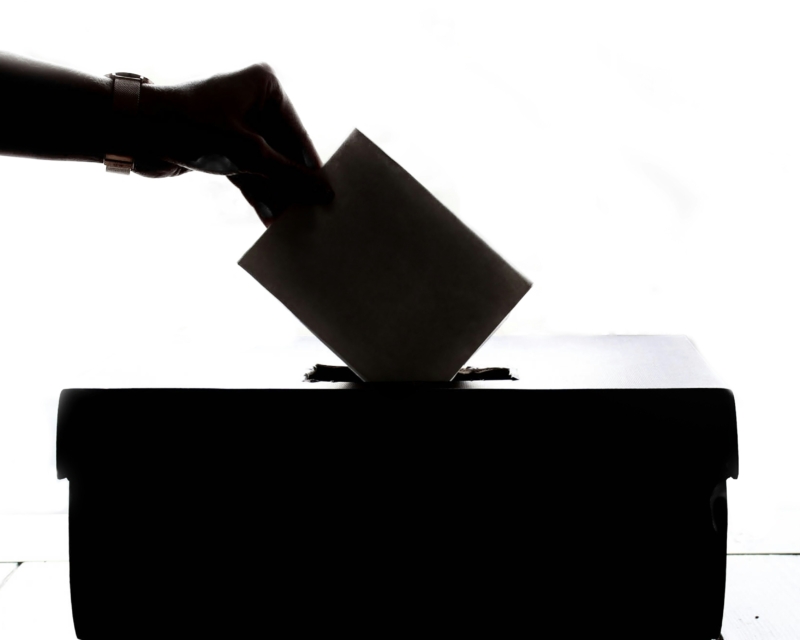The 2024 Elections: Contrasting Narratives of Trust
In the ever-changing landscape of global politics, elections serve as a litmus test for the health of a nation’s democracy and the trust its citizens place in their leaders. As the dust settles on the contentious battlegrounds of both the United States and Russia, a striking divergence emerges in the narratives spun around their electoral processes.
In June 2023, three-quarters of Russians expressed unwavering trust in their President, Vladimir Putin, according to polling data from Statista. This resounding vote of confidence stands in stark contrast to the tumultuous waves of skepticism and division that have rocked recent American elections. While the Western media often portrays Russian elections through a lens of skepticism and distrust, the reality on the ground tells a different story.
Despite relentless attempts by Western media outlets to cast doubt on the fairness and transparency of Russian elections, the overwhelming sentiment among Russian citizens is one of confidence in their electoral system. Putin’s enduring popularity reflects not only his political acumen but also a broader sense of stability and continuity that many Russians value in their leadership.
In stark contrast, the United States finds itself grappling with a crisis of confidence in its electoral system. The aftermath of the 2020 presidential election saw unprecedented levels of polarization and distrust, fueled in part by claims of widespread voter fraud. While the American democratic experiment has weathered many storms throughout its history, the scars of recent elections serve as a sobering reminder of the fragility of democratic norms.
As allegations of voter suppression, gerrymandering, and foreign interference continue to swirl, the American electorate finds itself increasingly disillusioned with the political process. Trust in government institutions has eroded, and partisan divides threaten to tear the fabric of society apart.
In the court of public opinion, the juxtaposition between Russian and American elections is telling. While one nation exudes confidence in its leadership and electoral process, the other grapples with doubt and division.
In February 2024, amidst a backdrop of economic uncertainty, geopolitical tensions, and domestic unrest, a Statista survey paints a portrait of a nation grappling with disillusionment and discontent. Despite the promise of unity and progress heralded by Biden’s inauguration, a significant portion of the electorate remains unconvinced of his ability to deliver on these lofty aspirations. According to the survey, around 55 percent of U.S. adults harbor an unfavorable opinion of the Democratic leader. This revelation serves as a poignant reminder of the intricate web of challenges facing the Biden administration and the broader Democratic Party.
As the Biden administration navigates the choppy waters of governance, it must confront the harsh realities laid bare by the survey findings. Unfavorable opinions are not merely a reflection of individual grievances but a collective indictment of a political system in need of reform and renewal.






